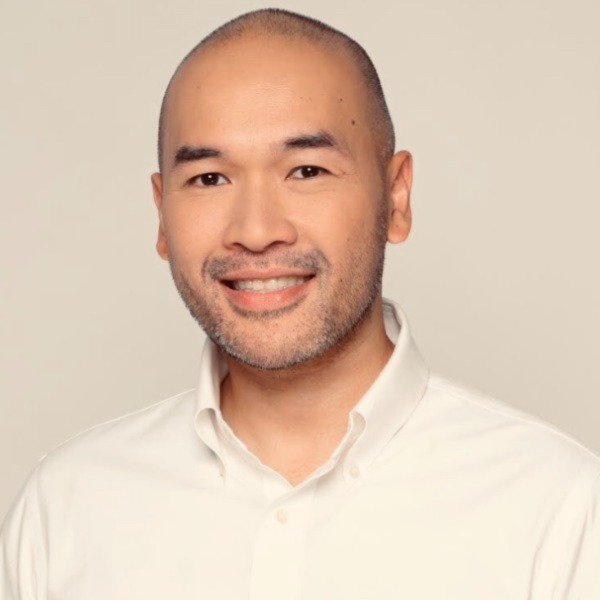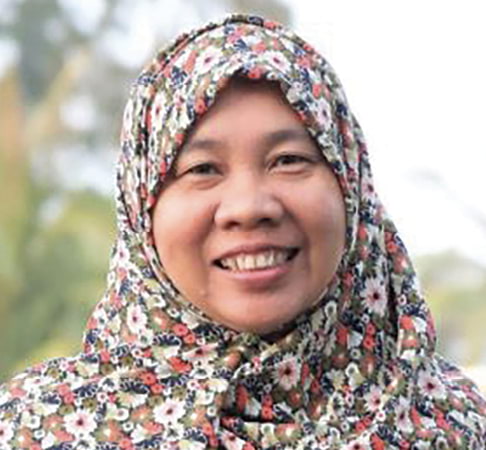Reducing escalating youth suicide rates in the Philippines
COVID-19 has accelerated the need for urgent action on mental health care

The Spark
Atlantic Fellows in the Philippines met virtually in August 2020. Drawn from two programs, Atlantic Fellows for Health Equity in Southeast Asia and Atlantic Fellows for Health Equity U.S. + Global, their conversation about the prevalence of suicide among the youth population of the Philippines prompted them to collectively ask what they could do to alleviate it.
"A pressing concern that parallels COVID-19 is the apparent spike in mental health issues that silently pervade our communities and which precipitate the alarming increase of suicide among our children and youth. Aware of the scarcity of pertinent health information and services in remote and poor communities, we felt compelled to take collaborative action to help avert and mitigate the effects of this impending crisis."
Abelardo Apollo David, Jr., Atlantic Fellow for Health Equity in Southeast Asia

Following the Fellows’ discussion, Dr. Ginger Ramirez, Atlantic Fellow for Health Equity U.S. + Global, conducted an initial investigation of news articles and media reports into youth suicide rates in the Philppines. Her preliminary research found that from January to October 2020, there were 44 cases of suicides every month; and of the 40 suicide deaths reported, 23 (58%) were below 30 years old. This disturbing data could be useful in contextualizing interventions.
Atlantic Fellows for Health Equity in Southeast Asia joined forces with Philippines-based Atlantic Fellows for Health U.S. + Global to see how they could affect policy and practice to reduce the high suicide rate among Filipino youth and to promote mental health care access in the region.

The Initiatives
September 11
- Atlantic Fellows Noraida Abdullah Karim, Dr. Ginger Ramirez, and Abelardo Apollo David Jr meet with local and national organisations, including the Department of Health, the Philippine Psychiatric Association (PPA) and the Philippine Association of Social Workers, Inc. (PASWI) about the increasing trend in suicide among young people, particularly in rural areas.
- Recognizing the urgency, PASWI and the Department of Health are keen for the Fellows to meet with local government officials and pertinent government agencies to help them identify appropriate solutions.
September 25
- An online meeting takes place with mental health stakeholders and includes participants from the PPA, PASWI, the Philippine Society for Child and Adolescent Psychiatry, the Department of Education and Department of Health, and Atlantic Fellows. There is agreement to draft a Resolution on Mental Health for the adoption of the municipalities via the League of Municipalities of the Philippines.
October
- Taking into account the ideas and recommendations from the stakeholders meeting, the Department of Health takes the lead role in preparing the Initial draft of the resolution.
November 3
- The Resolution is sent to stakeholders and partners, both government and private, as well as to the Atlantic Fellows for comments and suggestions.
November 28
- The final draft is forwarded to the Executive Committee of the League of Philippine Municipalities, who endorse the resolution.
February
- The draft is approved and forwarded to all municipalities in the Philippines.

The Scale
The resolution passed, nationwide municipalities commit to work toward fostering healthy individuals from an early age by promoting literacy on health issues, health rights and the health system, as well healthy habits and behaviors. The commitment also includes enacting local policies to address the various determinants of health arising from mental health concerns. Actionable steps include:
- Training of first responders, professionals, and volunteers to identify warning signs
- Provision of counseling
- Extension of support for those bereaved by suicide
- Submission of quarterly reports to the Philippine Council for Mental Health through the Department of Health, with information including how many individuals receive mental health services, and up-to-date demographic statistics.
The Future
This collaboration between Fellows from Health Equity in Southeast Asia and Health Equity U.S. + Global resulted in a resolution passed at a national level, designed to strengthen individual psychosocial and mental well being. Since the resolution passed, the Fellows in the Philippines continue to monitor its anticipated implementation , and intend to provide technical assistance where needed.
Media Mentions
The Initiative is working on releasing the Holistic Safety Education course and offering training on using HoSAI as a tool to improve the safety of girls and frontline defenders working with them.






